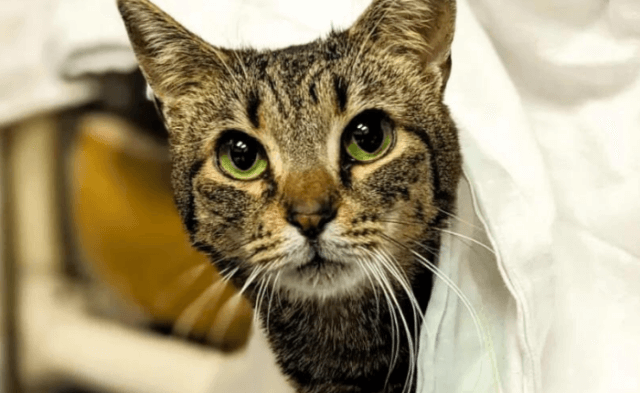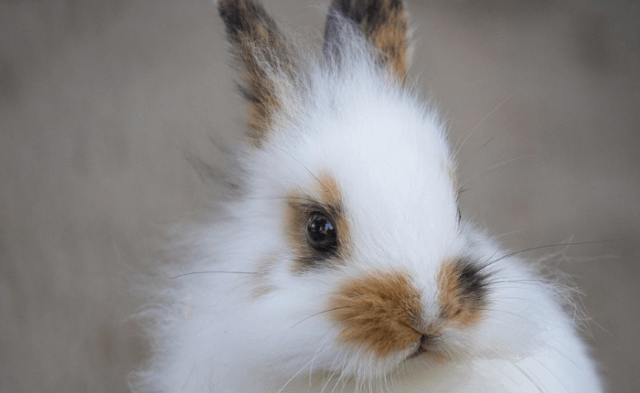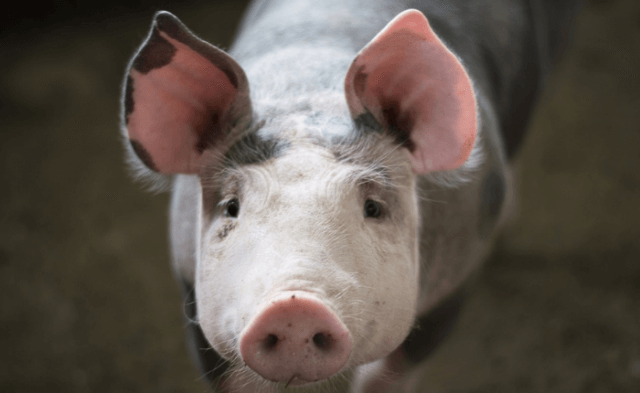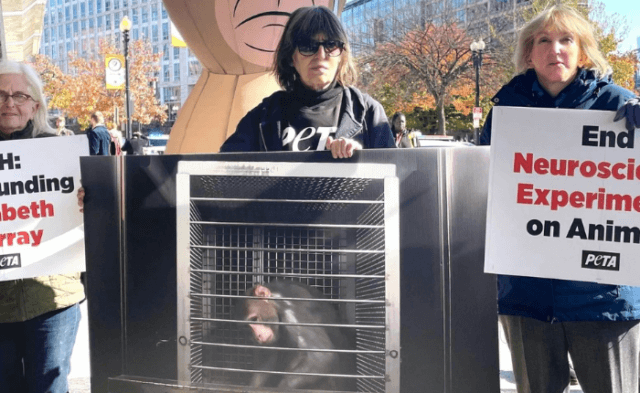After decades of eye-opening research and determined animal activism, both the scientific community and the public are finally catching on to the cruelty of experimenting on animals and the effectiveness of animal-free, human-relevant research methods. However, it is still often expected that medical students and future scientists will conduct tests on animals.
PETA Prime sat down with two scientists—Dr. Emily Trunnell, senior scientist with PETA’s Laboratory Investigations Department, and Dr. Gilly Stoddart, director of PETA U.K.’s science department—to learn about their experiences with animal experimentation, how scientists can refuse to participate in cruel research, and why they now dedicate their lives to animal rights. Here’s what we learned.
As professional scientists, were you ever expected or encouraged to experiment on animals?
Dr. Trunnell: When I was getting paid to conduct research as a graduate student, I was encouraged by my mentors to conduct experiments on animals. One of my advisors told me that scientific journals preferred to publish papers that contained data from animal experiments, and in academia, you must “publish or perish,” so I initially trusted this advice. I was allowed and encouraged to design experiments that harmed and killed mice and rats for the sole purpose of obtaining my Ph.D.—not for the greater good or to help humans. Questioning the use of animals in experimentation was a taboo subject, and I did not hear any other scientists around me speaking up about the ethics of what we were doing.
Dr. Stoddart: I was always very clear that I wouldn’t experiment on live animals. I completed my Ph.D. using human skin in vitro. The other students in my lab were a really great crowd, but I was considered unusual because I wouldn’t even use skin from animals ex vivo (i.e., from dead animals). They were never rude about the choices I made, but some were occasionally a little bemused. I also used to drive hundreds of miles round trip to get the human skin I needed for my experiments, rather than using skin from guinea pigs in other labs or pig ears taken from abattoirs.
Was there an animal or an experience that opened your eyes to the cruelty of animal experimentation?
Dr. Trunnell: As I was the person who interacted most with the rats we were using in our research projects, I was fond of them. Rats are extremely smart and gentle. It became clear to me that they are individuals with unique personalities and preferences, just like humans. Although I felt a connection with these animals, I forced myself to bury my compassion in order to carry out my duties. It was not until I sat down to write my dissertation—when I had to justify how the work I had done contributes to greater scientific knowledge—that I realized I had hurt and killed these animals for no good reason. I was studying the effects of fat in the diet on certain genes in the brain, but my work only applied to the rats in my study. The results obtained from experimenting on animals do not translate to human beings. These tests are simply done out of habit: That’s what my advisors had learned to do and how they built their careers. Also, as a neuroscientist, it became painfully obvious to me that the very justifications we were using to do animal experiments—that other animals use their brains to think and feel like humans do—were the exact reasons why we shouldn’t. Animals have a right to their own lives—being our science “tools” should not be their burden to bear.
Dr. Stoddart: Thankfully, I had been aware of animal rights from an early age and made decisions that meant I wouldn’t be required to experiment on animals from the beginning of my career.
When I started working, I always had the contracts amended to say that I would never work with live animals. I was lucky, because I worked in labs that also focused on the use of human skin, so it was never an issue. In my first job, I developed formulations that were designed to deliver drugs through the skin or via inhalation. These formulations would sometimes be sent to other labs to be tested on animals—some for safety testing and some for efficacy testing. Such experiments can include inhalation studies using dogs, skin irritation studies using mini pigs and others using mice in a range of experiments. Although I wasn’t directly conducting these experiments, I became increasingly uncomfortable with my involvement. Soon afterward, I changed jobs and moved to a company that used existing drugs and reformulated them so that they were delivered via another route (e.g., a drug that was normally dosed orally would be dosed through the skin). This meant no experiments on animals were required.
After a couple of years there, I decided enough was enough and that it was time for a career change. I remember writing my Ph.D. thesis, looking at the PETA website, and dreaming of working for an organization like that. At the time, I didn’t know that PETA had a team of scientists working to end animal experiments. When I was ready to change careers 10 years later, I was so excited to see PETA advertising for a scientist: I knew that I had finally found my purpose. I applied, was offered the job, and have never looked back!
How long have you worked for a PETA entity, and why are you dedicated to ending all experiments on animals?
Dr. Trunnell: I’ve now been with PETA U.S. for five years, first as a research associate and an Institutional Animal Care and Use Committee (IACUC) liaison and now as a senior scientist in our new Science Advancement and Outreach division. Although I regret how I obtained my Ph.D., I can now use it to advocate for animals used and abused in laboratories. I’m dedicated to ending all experiments on animals, because it’s a win-win situation. Part of my work involves persuading decisionmakers to shift the biomedical research paradigm to one focused on human-relevant, animal-free research methods—see our Research Modernization Deal—which will not only spare animals but also have a far greater chance of delivering cures and treatments to human patients who desperately need them.
Dr. Stoddart: I have been with PETA U.K. for 10 years now and am grateful that I have the relevant expertise and experience to talk to scientists on their level and make a real difference for animals in laboratories. If I did not have a scientific background, working for PETA U.K. would still be my dream job, and I could have focused on one of PETA’s other key areas, because they are all issues that I am dedicated to and feel passionately about. Animals are not ours to use in experiments, eat, wear, use for entertainment, or abuse in any other way.
Watch the short documentary Test Subjects to learn more about Dr. Trunnell’s story and hear from two other scientists who questioned the ethics of animal experimentation while trying to earn advanced degrees.
Want to do more to help animals used for experiments? Support PETA’s “Stop Animal Testing” Challenge today! Through this Sunday, October 31, every donation made will be matched dollar for dollar up to the $300,000 campaign goal—doubling your impact on PETA’s groundbreaking work to reduce suffering and get animals out of laboratory cages.






